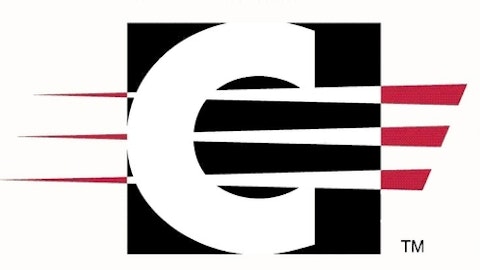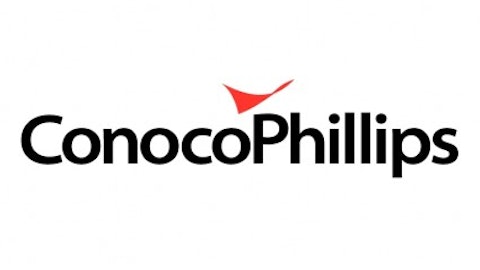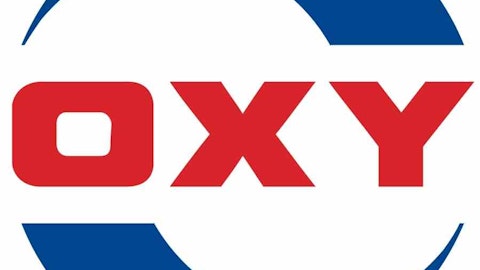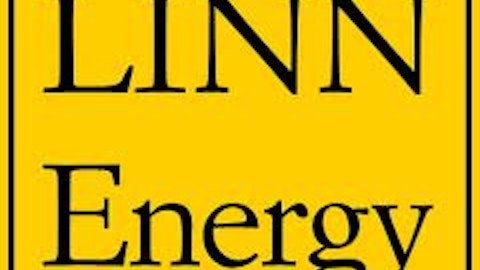Share buybacks are one of the main way’s management teams return cash to shareholders. Share repurchases serve a variety of purposes. First, it’s a tax-advantaged alternative to paying dividends. In addition, it serves as a floor under a company’s earnings per share. That’s because as a company buys back and retires its own shares, there are fewer shares outstanding, and leading to a higher reported EPS.
As a result, share repurchases are an important consideration when buying a stock. And, when a company slows the pace of its usual share repurchases, it may be a reason for investors to worry. That’s exactly what Exxon Mobil Corporation (NYSE:XOM) is doing, and investors are likely concerned. In light of this, how should you proceed?
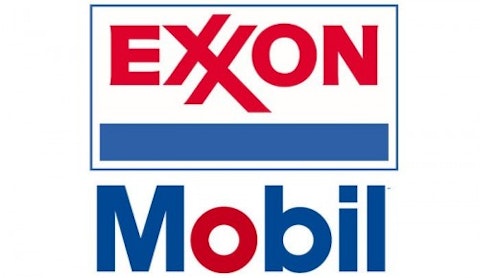
Pumping out fewer buybacks
Exxon Mobil Corporation (NYSE:XOM) repurchased $4 billion of its own shares in the most-recent quarter. While investors may scoff at the notion that $4 billion in quarterly share buybacks could possibly be a cause for concern, it’s nonetheless important to take note of, and what the implications may be.
Exxon Mobil Corporation (NYSE:XOM) repurchased $5.6 billion worth of its own shares in the first quarter, and prior to the second quarter, had bought back at least $5 billion of its own stock for ten consecutive quarters. Going further back, Exxon has repurchased $210 billion of its own shares over the past ten years. Therefore, while $4 billion is still a huge sum, it represents a 25% drop from the company’s usual level of share repurchases. And, the level of buybacks in the current quarter is expected to drop even further, to $3 billion, according to analysts with Oppenheimer.
Importantly, Exxon Mobil Corporation (NYSE:XOM)’s long-held policy of aggressive share buybacks have served as a major avenue for returning cash to shareholders. Through buybacks, ExxonMobil has reduced its shares outstanding by 35% since Exxon and Mobil merged in 1999. This has meant more reserves, production value, and profits for every remaining share outstanding. Since 2008, each Exxon share has an interest in 21% more production volumes, and 5% annualized production growth per share.
Exxon Mobil Corporation (NYSE:XOM) has a significantly lower dividend yield than many industry peers, at about 2.8%, so share repurchases are how the company historically chose to reward its investors. Consider that competitor BP plc (ADR) (NYSE:BP) has bought back just $2.9 billion of its own stock year to date. And, going forward, the company plans a relatively modest $8 billion share buyback program with an undetermined target date of completion. Instead of relying on buybacks, the company offers its investors a much bigger dividend, which yields 5.2% at recent prices. Therefore, it’s clear that share repurchases are a huge piece of Exxon Mobil Corporation (NYSE:XOM)’s shareholder return pie.
In addition, it raises the question of what management may be signaling to investors. A company buys back its own stock because it feels it’s undervalued, and that business conditions going forward should be strong enough to justify allocating shareholder money to buying back its own stock. Consequently, a company reducing the pace of its buybacks, especially when it had maintained that pace for two and a half years, should raise a red flag.

